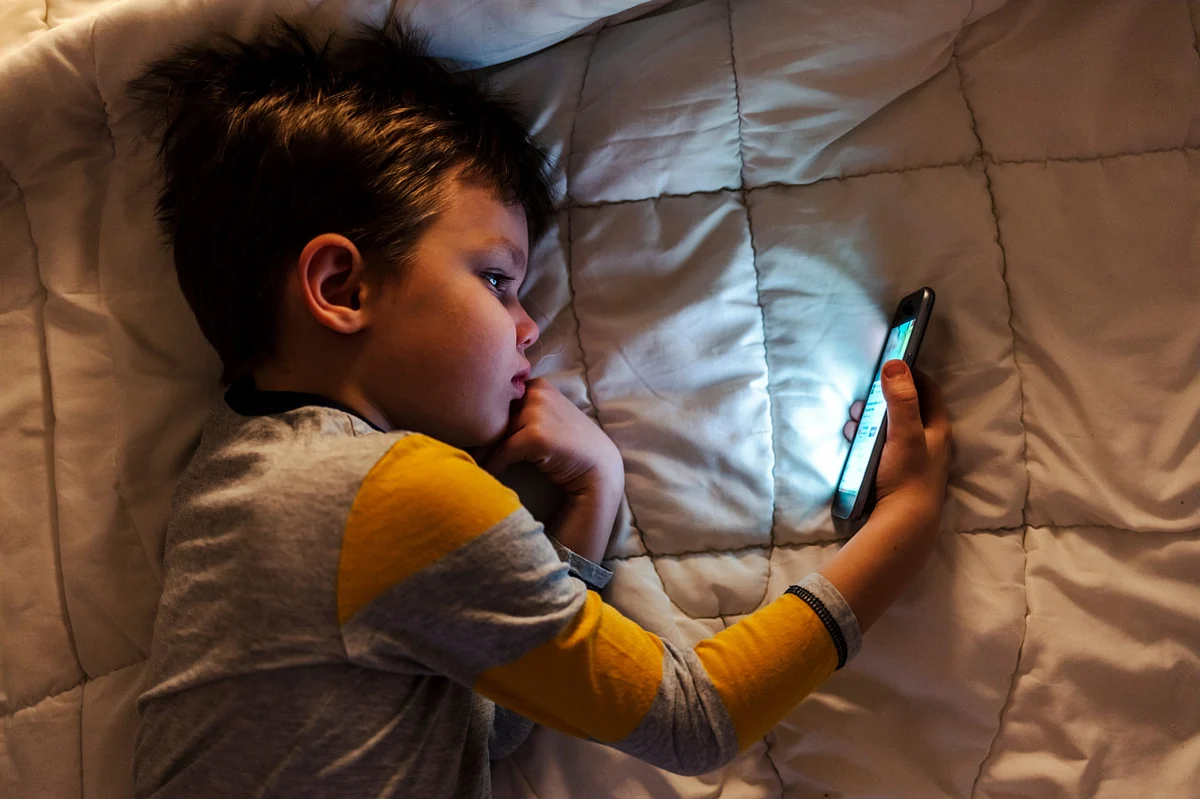From December 10: Australia’s social media ban for kids (what Pakistan, Denmark, Norway, Spain, Japan and others are doing)
Global policy trend aims to reduce exposure to harmful content and addictive features

Phone addiction is not only real. It is growing. Countries around the world are increasingly adopting social media restrictions for children in a bid to protect their mental health, privacy, and wellbeing.
This global trend acknowledges mounting evidence that excessive social media use, especially among young users, can have harmful psychological and developmental effects.
Australia
Australia has implemented one of the most stringent policies, banning children under 16 from using major social media platforms such as Facebook, Instagram, TikTok, X, and YouTube unless they pass strict age verification measures.
Beginning December 10, 2025, these platforms must ensure that under-16 users cannot create or maintain accounts, facing hefty fines for non-compliance.
This policy aims to reduce exposure to harmful content and addictive features that encourage prolonged screen time.
The Canberra government emphasises that this ban aims to reduce exposure to harmful content and addictive design features that can negatively impact young users.
Pakistan
Authorities require platforms to implement age restrictions and content moderation, citing concerns over online harassment, misinformation, and the psychological impact of unrestricted social media use among children.
In India, the government has enforced rules requiring parental consent and age verification for underage users on select platforms.
The focus is on curbing exposure to violent, misleading, or inappropriate content and promoting digital literacy among children.
France
France recently recommended banning social media use for children under 15 and has introduced curfews restricting access for teens between 15 and 18 during nighttime hours.
The French government underscores the importance of safeguarding minors from online harms while encouraging responsible digital habits.
The Norwegian government also aims to set the minimum age for using social media without parental consent at 15.
Current Norwegian law, already has a law that bars children under 13 from using social media, but data suggests this rule is widely ignored, with a significant percentage of 9- to 11-year-olds currently using these platforms.
While approaches vary, a common theme emerges globally: governments aim to balance protecting children from the risks of social media with the benefits of digital social interaction.
Challenges
Challenges remain with ensuring effective age verification, privacy safeguarding, and avoiding unintended consequences such as pushing minors to unregulated underground platforms.
This international wave of social media regulation highlights growing awareness of digital wellbeing and attempts to create safer online environments for the next generation.
What studies show
A number of studies reveal that short video and social media overuse can significantly damage children’s mental health and cognitive functions, negatively impacting their learning and emotional development.
In 2025, the average person spends over 4.6 hours daily on their phone. That is nearly 1,700 hours a year, or almost three full months lost to scrolling, tapping, and checking notifications.
These are not just harmless habits. They are signs of digital dependency affecting sleep, focus, emotions, and relationships.
So, what do the numbers really say about teen phone addiction?
The phenomenon is also also measurable, with direct correlations to mental health, especially among teenagers.
For one, the "compulsive need" to stay connected interferes with academic success, self-esteem, and overall well-being, as per Nexus Teen Academy.
This growing evidence underscores why many governments are tightening regulations to protect young social media users.
A 2022 study published in Frontiers in Public Health found that addiction to short video apps like TikTok and DouYin has a significant negative effect on children’s learning motivation and psychological wellbeing.
The research showed that excessive viewing led to reduced intrinsic and extrinsic motivation to learn, and diminished overall learning happiness.
Addictive behaviour
The brief, fast-paced, and highly engaging nature of short videos causes users — especially students — to become “silently immersed,” fostering addictive behaviours that interfere with concentration and emotional health.
The study emphasised the need for parents and educators to guide children towards balanced use of short video apps to mitigate these harms.
Another study from 2023 published in the Journal of Behavioral Addictions explored the excessive use of short-video apps among college students and its distinct addictive characteristics.
Unlike traditional social media or gaming addiction, the quick bursts and condensed narratives of short videos appeal strongly to younger, less tech-savvy users but disrupt daily routines.
The study, cited by Science Cirect, linked overuse to emotional distress, poor academic/work performance, time management challenges, and cognitive overload.
This research highlights that short-video addiction presents unique challenges compared to longer-form content, requiring targeted strategies for moderation and awareness
Sign up for the Daily Briefing
Get the latest news and updates straight to your inbox
Network Links
GN StoreDownload our app
© Al Nisr Publishing LLC 2026. All rights reserved.